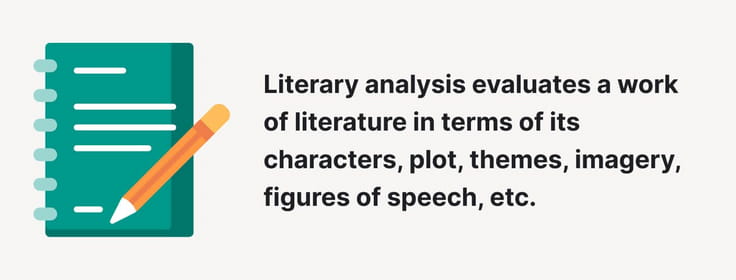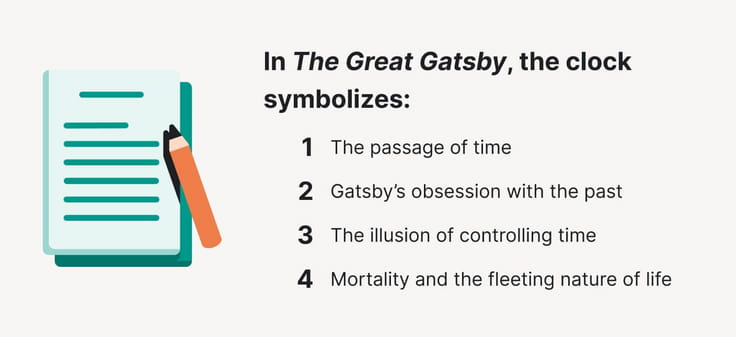Literary Analysis Maker
The literary analysis maker is an AI-powered online tool that can generate literary analysis in just a few seconds! It can help college and high school students with literary criticism assignments, saving time and effort. In addition, our generator can help students improve their literary analysis skills and serve as a source of inspiration!
Try our literary analysis maker right now to see how it works!
✒️ What Does Literary Analysis Mean?
Literary analysis is a written evaluation of the elements of a literary work, for example, a poem, short story, novel, etc. It aims to deepen one's understanding of the work's ideas and impact on the readers.

Literary analysis is not just about summarizing what you read. It involves deconstructing the artwork to evaluate its parts, including plot, character, setting, theme, style, and symbolism. This assignment provides an opportunity to learn more about the underlying meanings of a literary work and see how its elements help the author convey the intended message.
💫 Literary Analysis Maker: Benefits
The literary analysis essay writer has a lot of benefits for its users. Check the table below to learn more!
💡 What to Write a Literary Analysis on?
If you are wondering what to write a literary analysis on, do not panic! Below, we've listed all the important elements of literary analysis with brief instructions on how to evaluate them.
✍️ Literary Analysis Essay Prompts
Looking for some inspiration? You are on the right page! Check our writing prompts on literary analysis to find a lot of fresh ideas!
To Kill a Mockingbird Literary Criticism Essay
In your essay on To Kill a Mockingbird, you can discover and analyze autobiographical elements. Note how Harper Lee uses characters like Atticus Finch and Scout in her novel to reflect experiences from her own life, particularly surrounding discrimination, racism, and rape. Discuss how the novel's setting, historical context, symbolism, and imagery reinforce Lee's core message.
Hamlet Literary Analysis Essay
To write a good analysis of Shakespeare's Hamlet, investigate dialogues, soliloquies, and the play's vivid and rich language filled with rhetorical devices. You can devote particular attention to such literary devices as allusion and metaphors and add your point of view on the impact of Hamlet on the audience.
The Great Gatsby Literary Criticism Essay
Analyze the significance of the clock in F. Scott Fitzgerald's The Great Gatsby as a symbol of time, focusing on its multi-faceted meaning and its impact on the characters and themes. Discuss how the clock represents Gatsby's attempt to control time and its connection to his ultimate fate.

A Raisin in the Sun Literary Analysis Essay
In a literary analysis essay on A Raisin in the Sun, you can analyze the theme of dreams in this novel. Discuss the characters of Ruth, Lena, Travis, Beneatha, and Walter, focusing on the personal dreams they yearn to achieve. Evaluate how the Younger family's dreams are affected by social, economic, and emotional circumstances.
Lord of the Flies Literary Analysis Essay
In your essay, analyze William Golding's portrayal of human nature in Lord of the Flies, focusing on the influence of the environment on people's behavior. Examine the character developments of Ralph, Jack, Simon, and others, revealing their experiences on an island that show both good and evil potential within each individual.
📋 How to Structure a Literary Analysis
The structure of literary criticism consists of 3 key parts: the introduction, main body, and conclusion. Check the table below to see what to include in each part.
❓ Literary Analysis Free: FAQ
Updated: